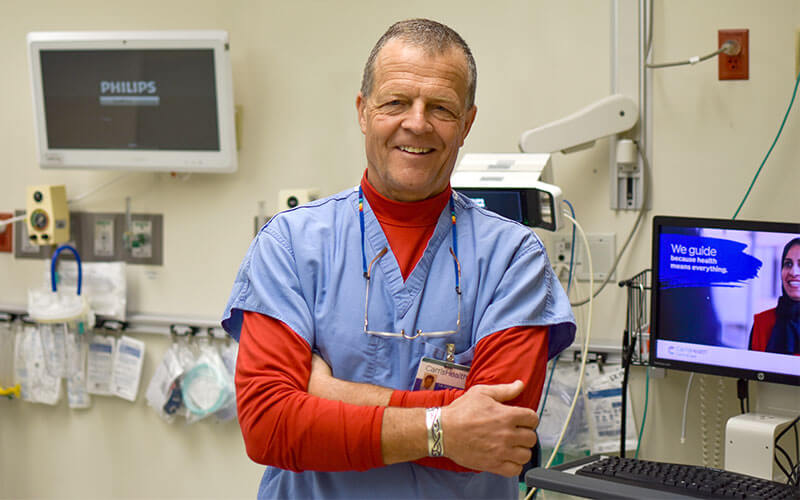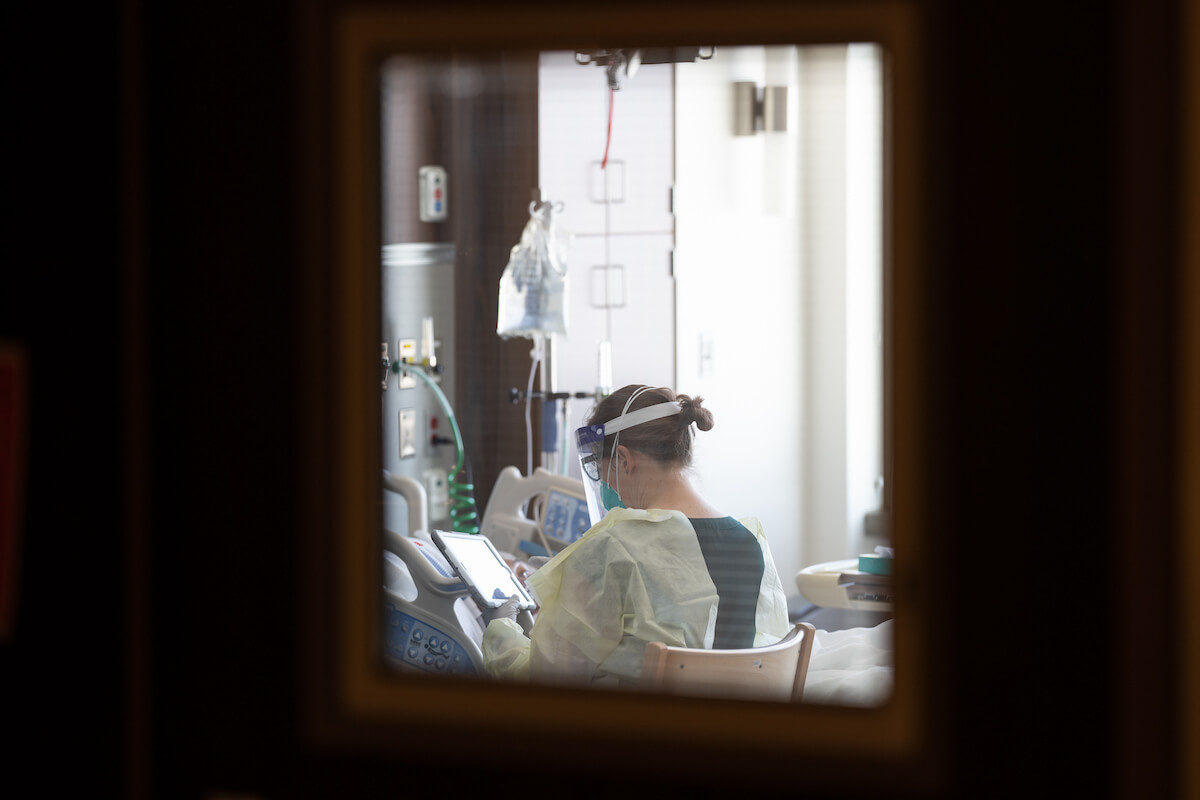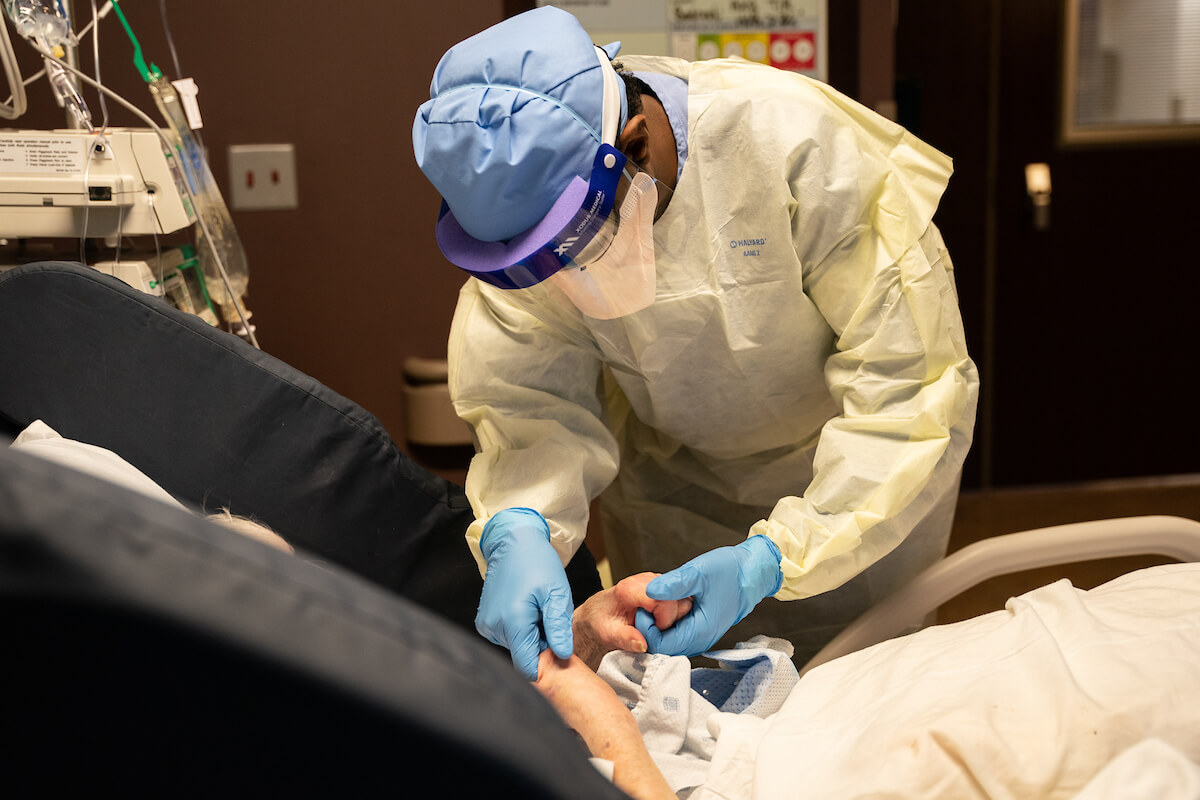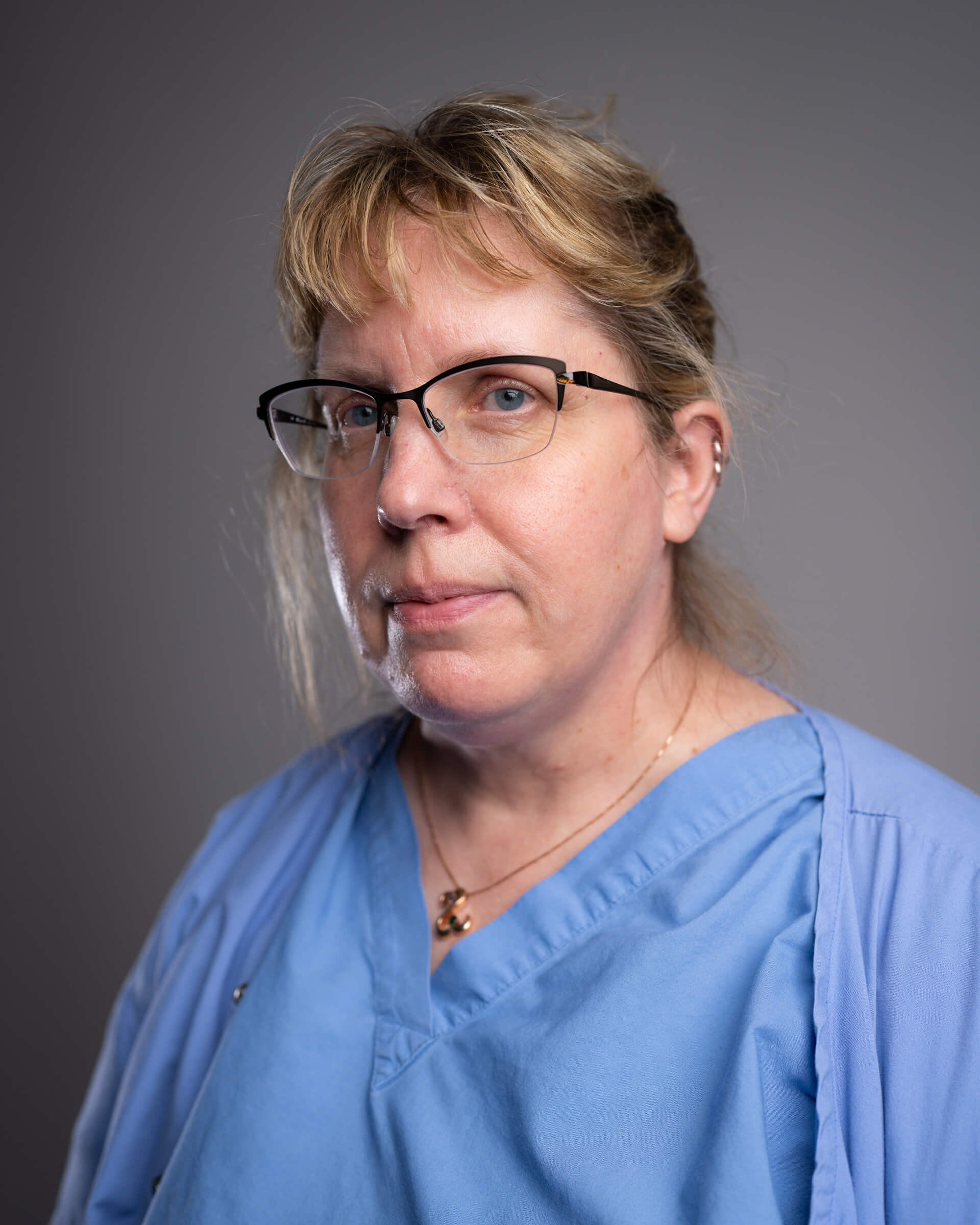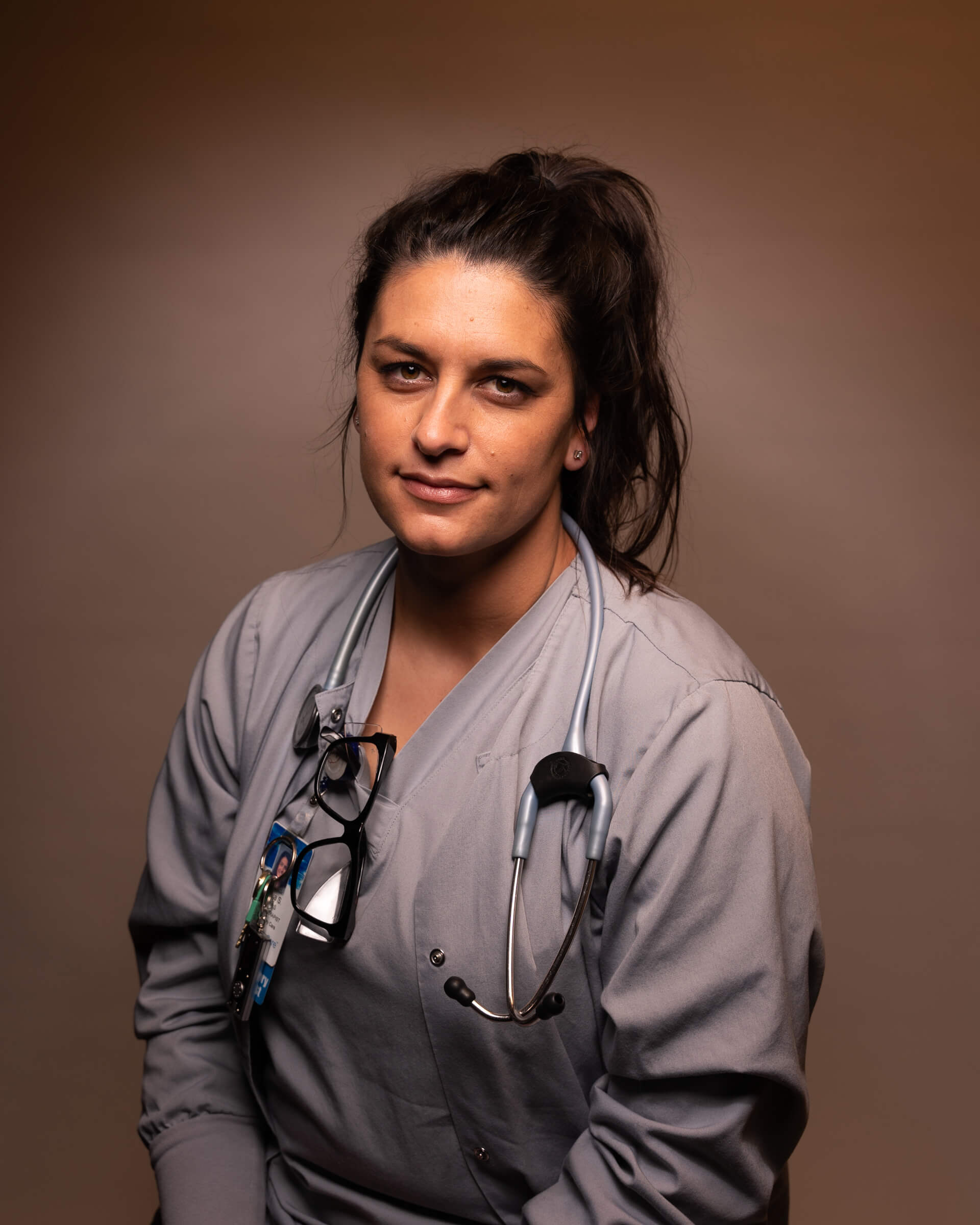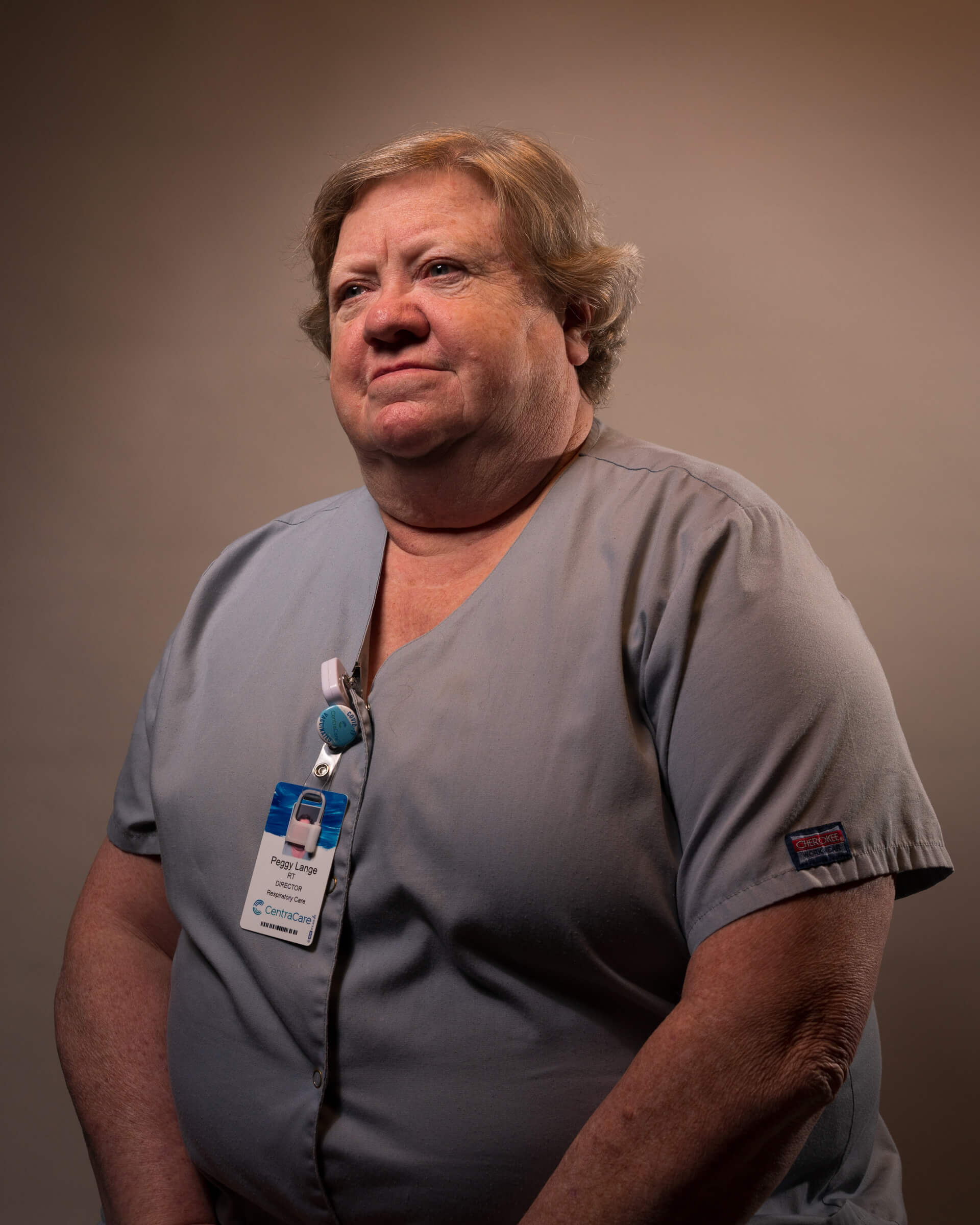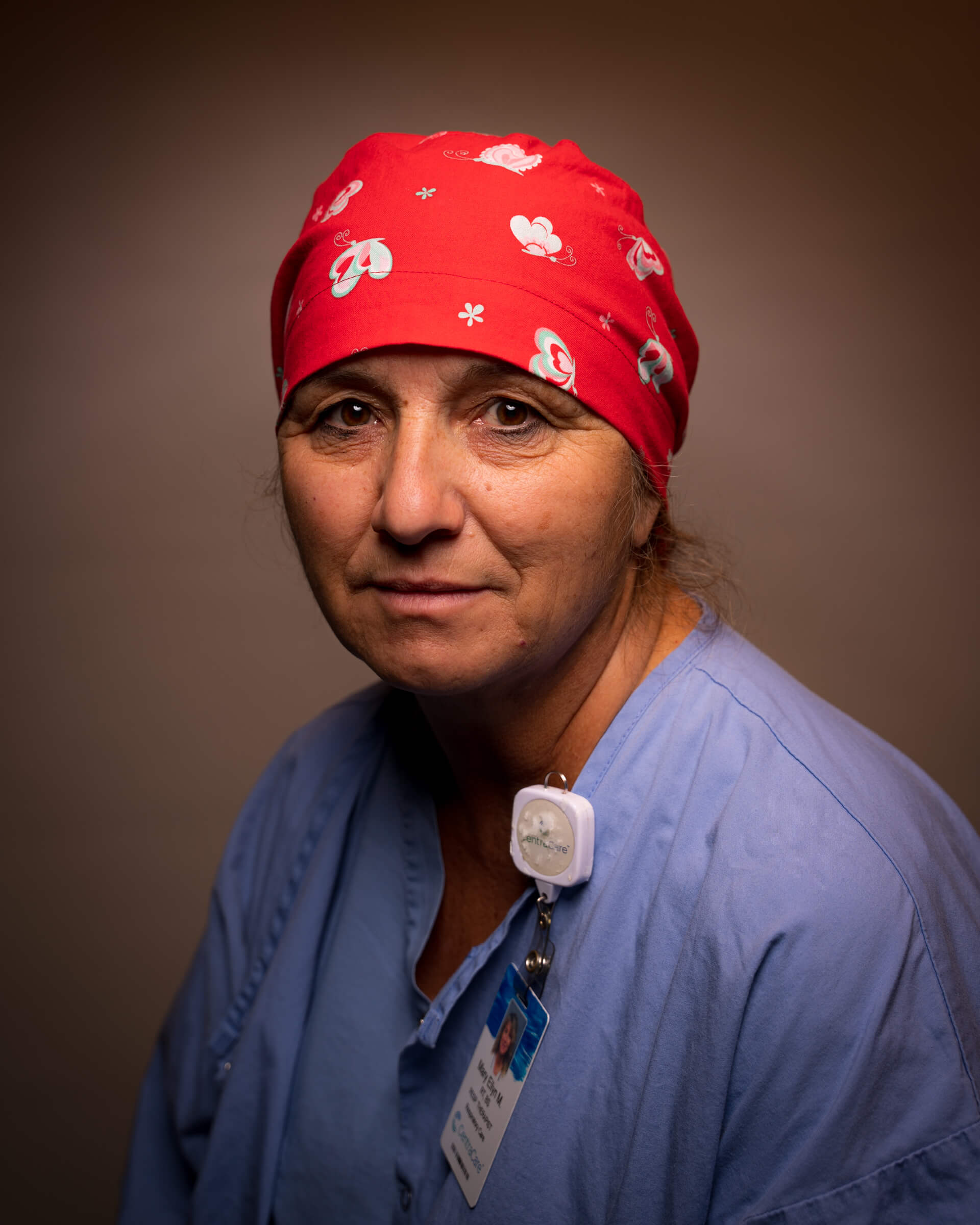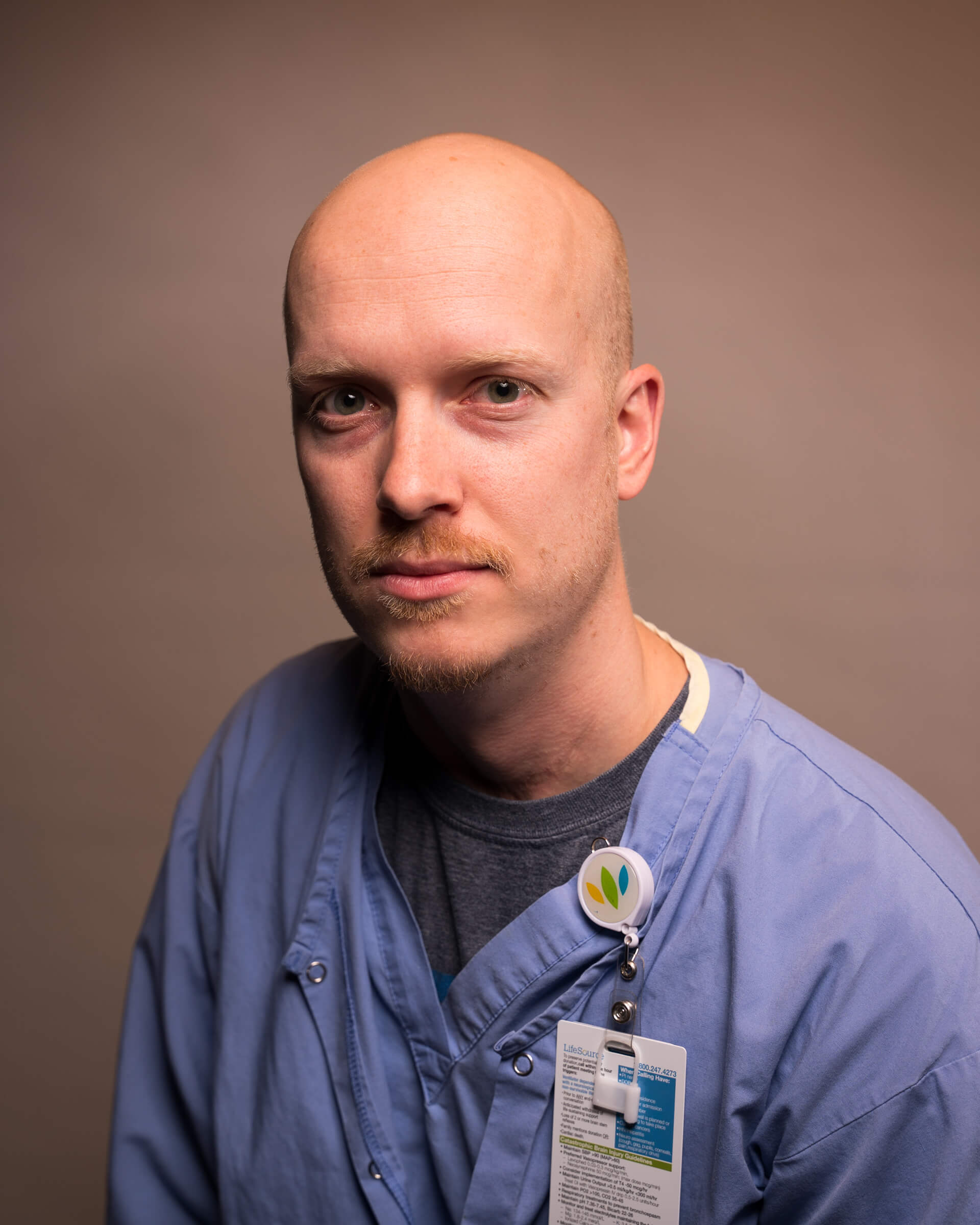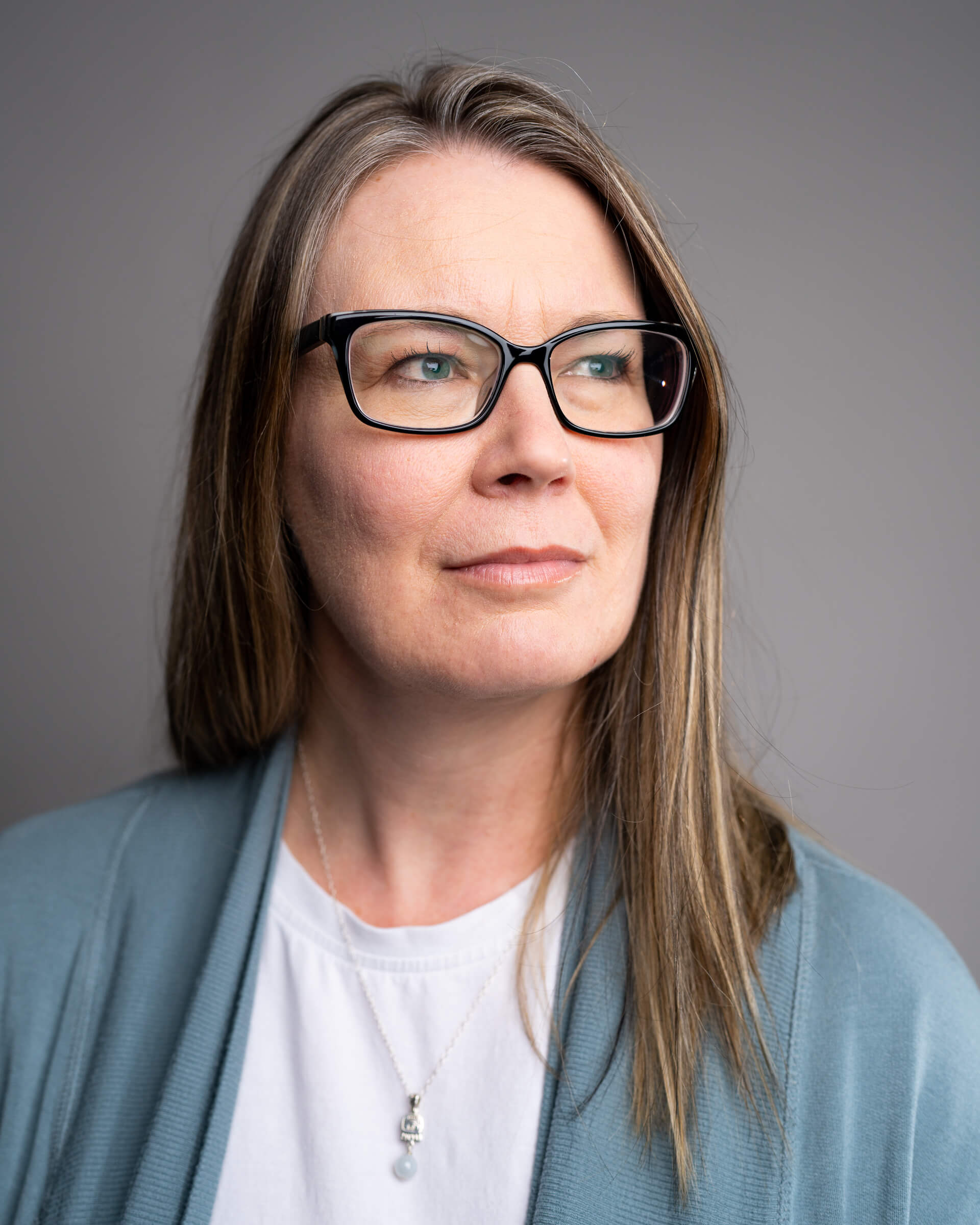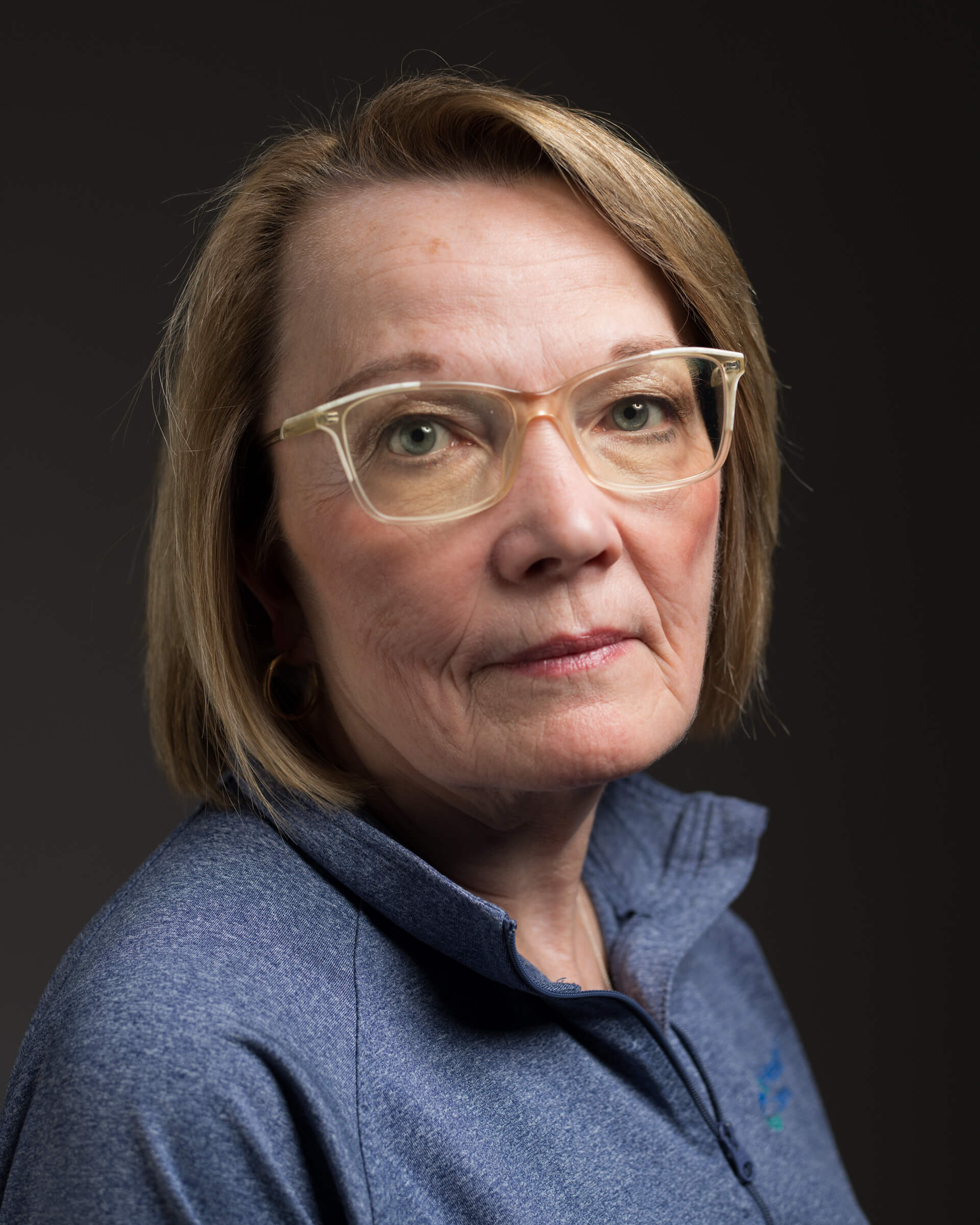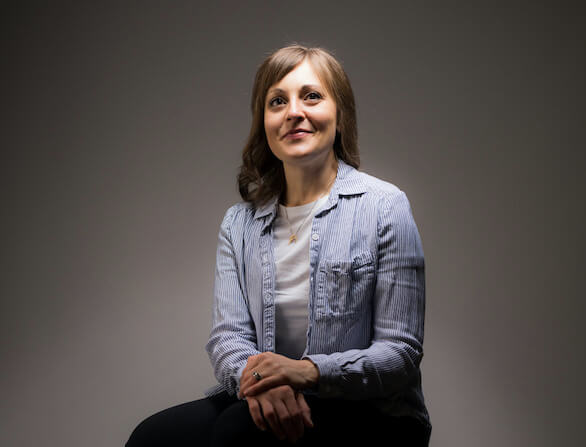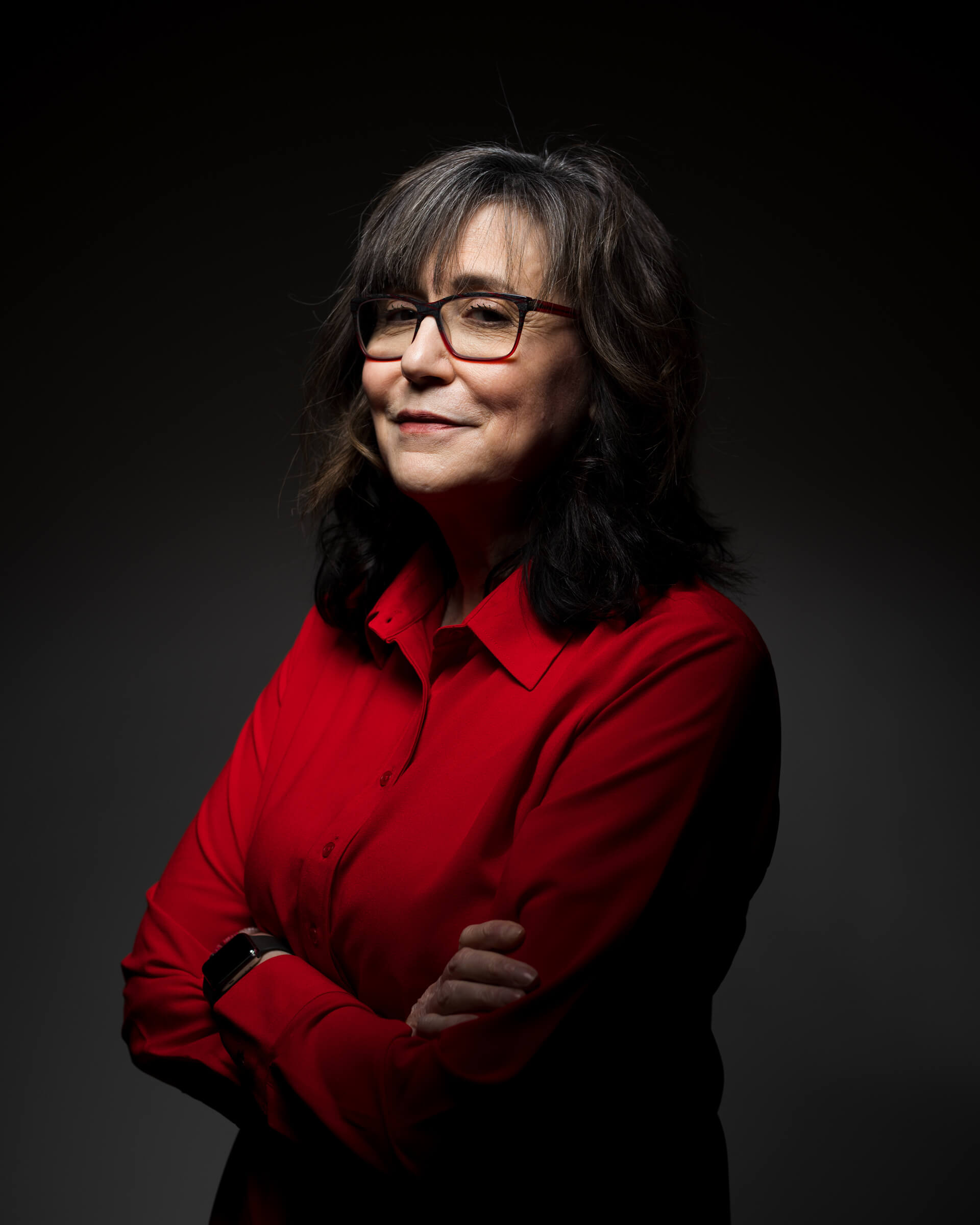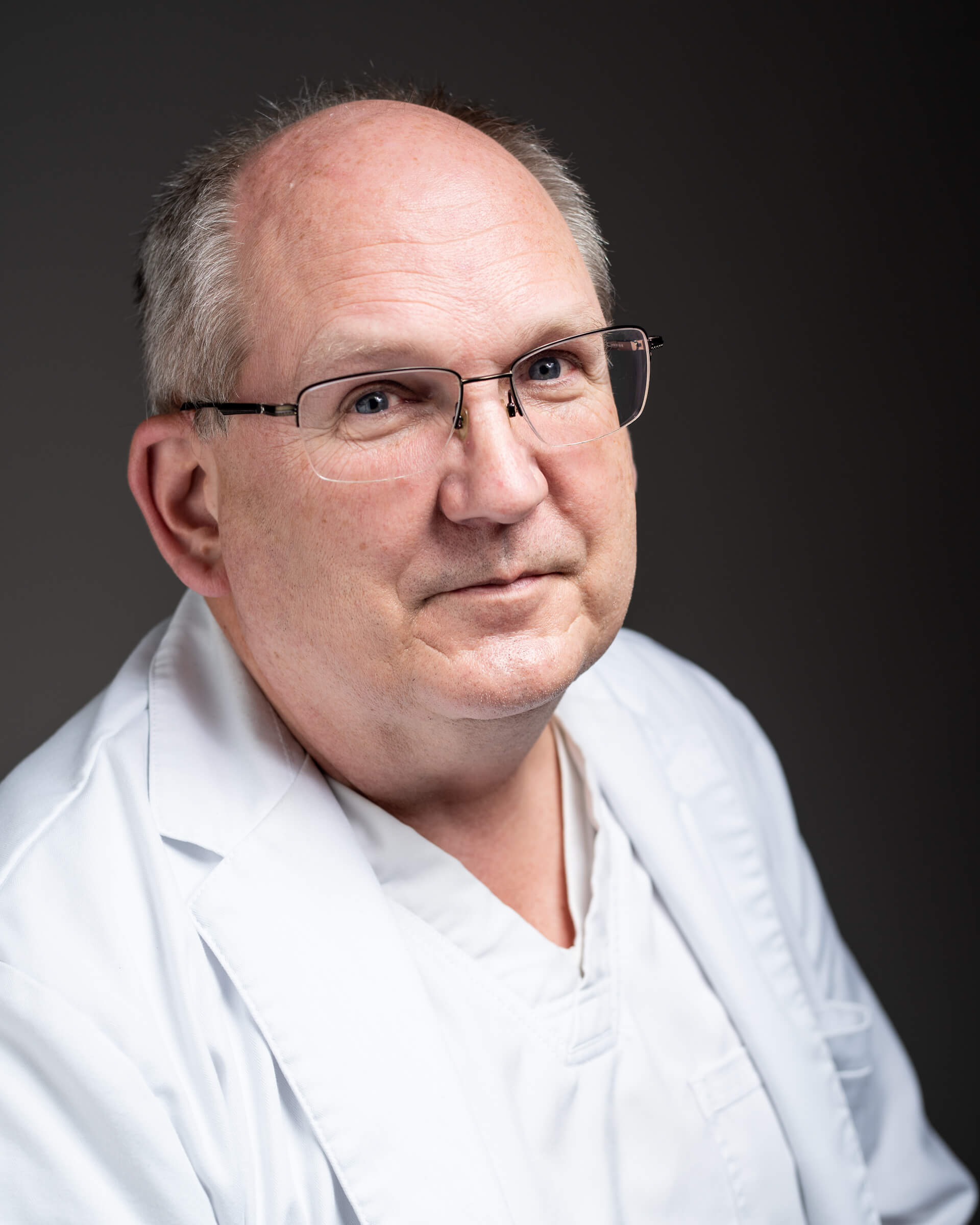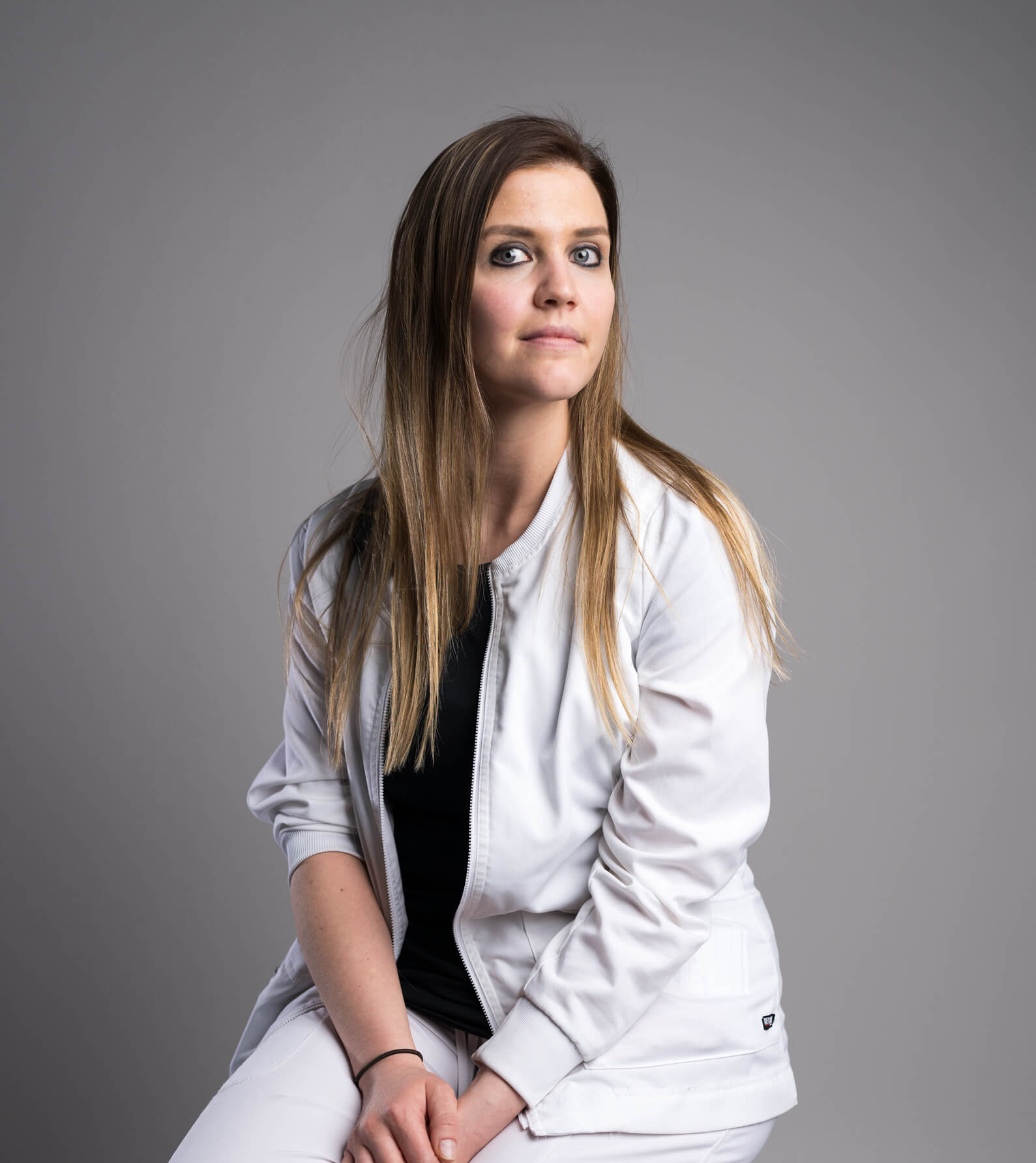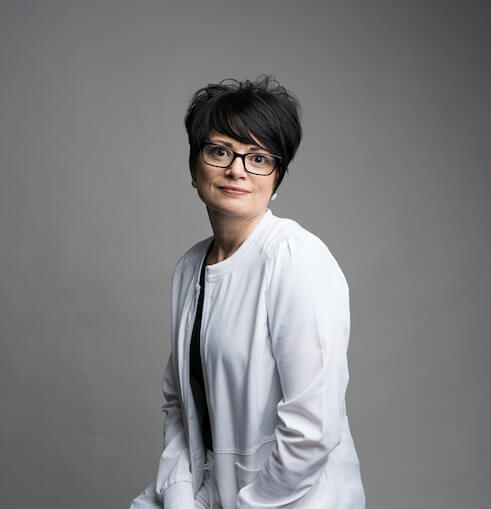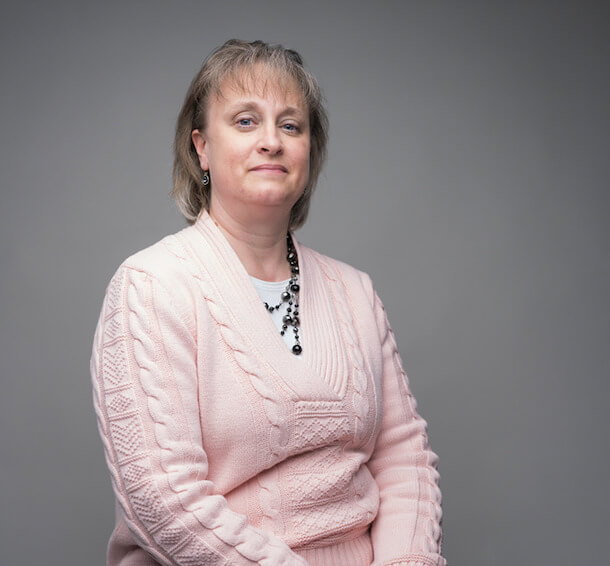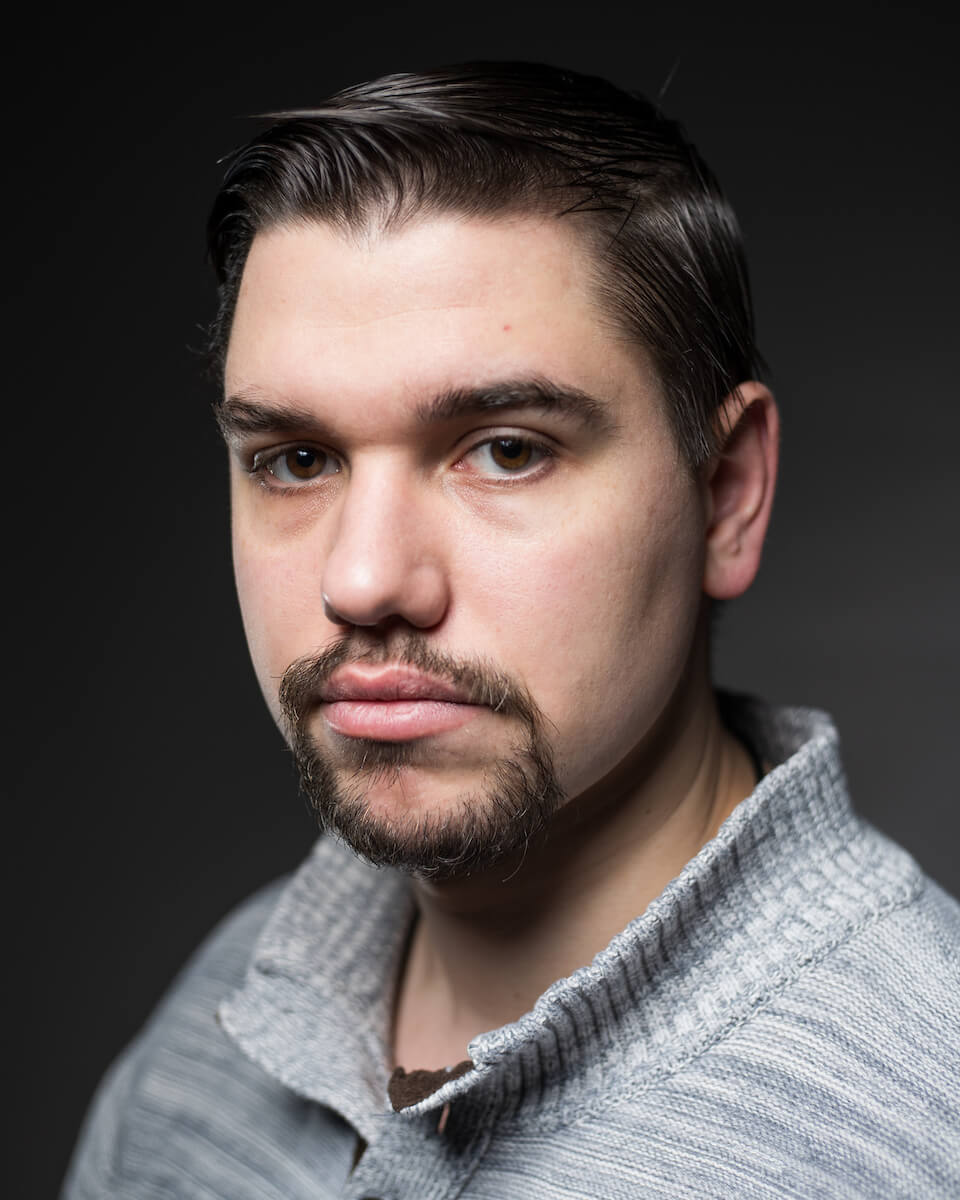
John’s Story
As a respiratory therapist, we play the most vital role in terms of a patient’s breath, because if a patient can’t breathe, they die. In our role, there aren’t any drugs that can make the lungs take a deeper breath or expand the lungs. No drugs can make a patient breathe like what we do for our patients. There aren’t a lot of people in the community who can truly sympathize with what respiratory therapists deal with. I’ve cared for patients where afterward, I need to find a closet, shed a tear, and then move on with my work.
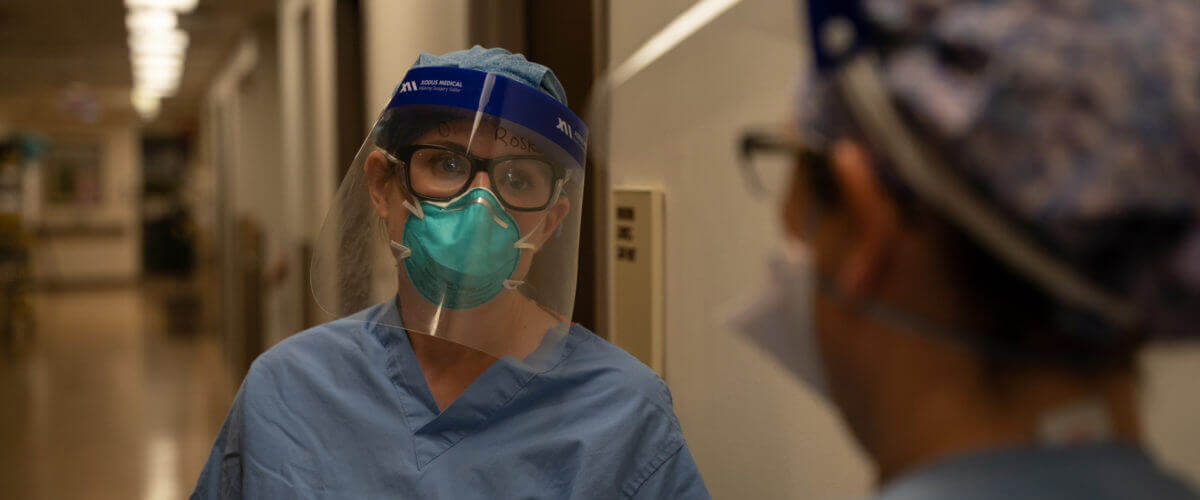
The reckoning
A perspective from Jessie Roske, MD
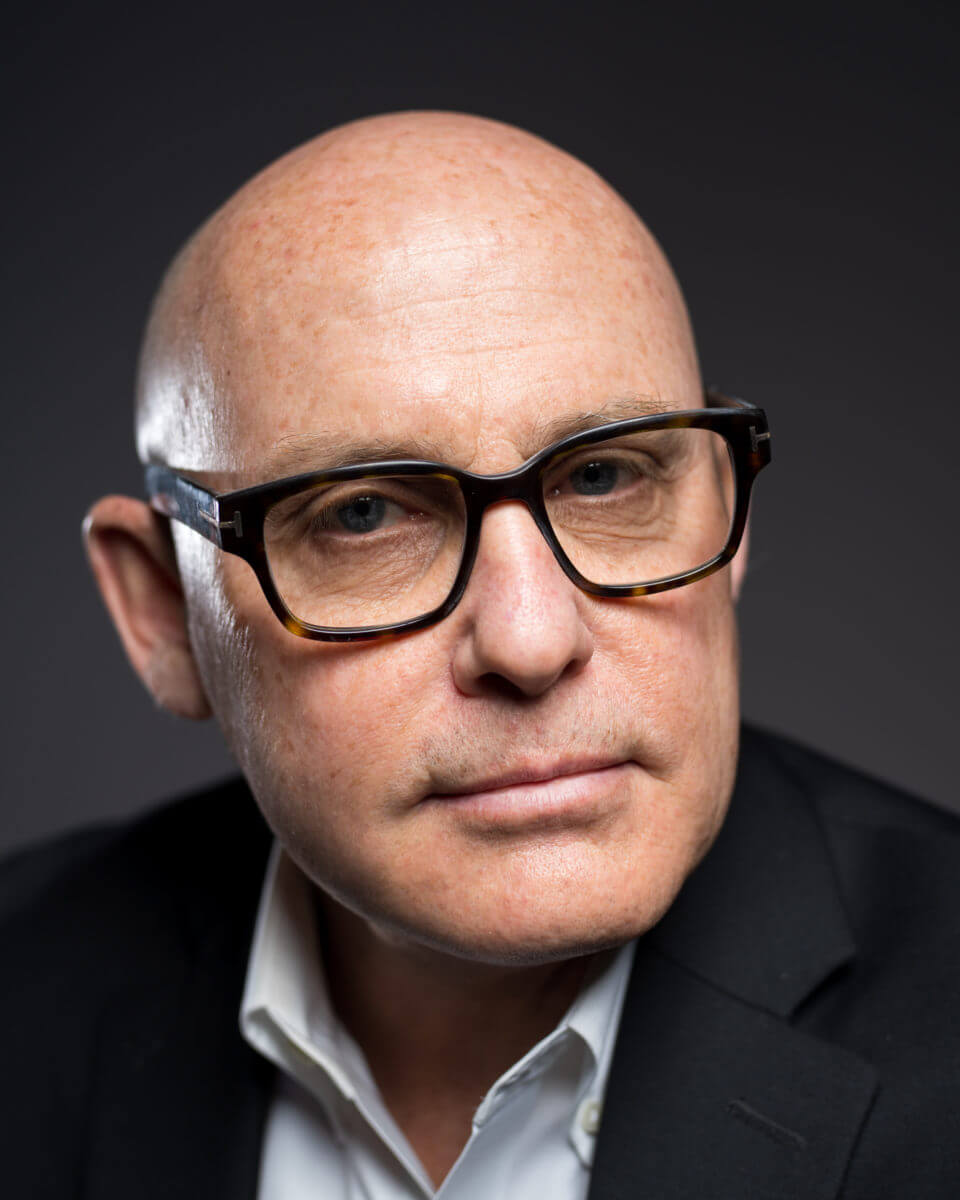
Tom’s Story
Working through COVID was a situation where people could say, ‘I see what needs to be done. And I’m gonna do whatever I can to step up and take care of these people with my partners, and just do the right thing.’ It was an amazing thing to behold.
Our Voices: Hospitalists
Hospitalists are vital members of care teams with wide-ranging responsibilities, including admitting, rounding and coordinating care for patients. Hear their voices and read about their experiences from the past two years.
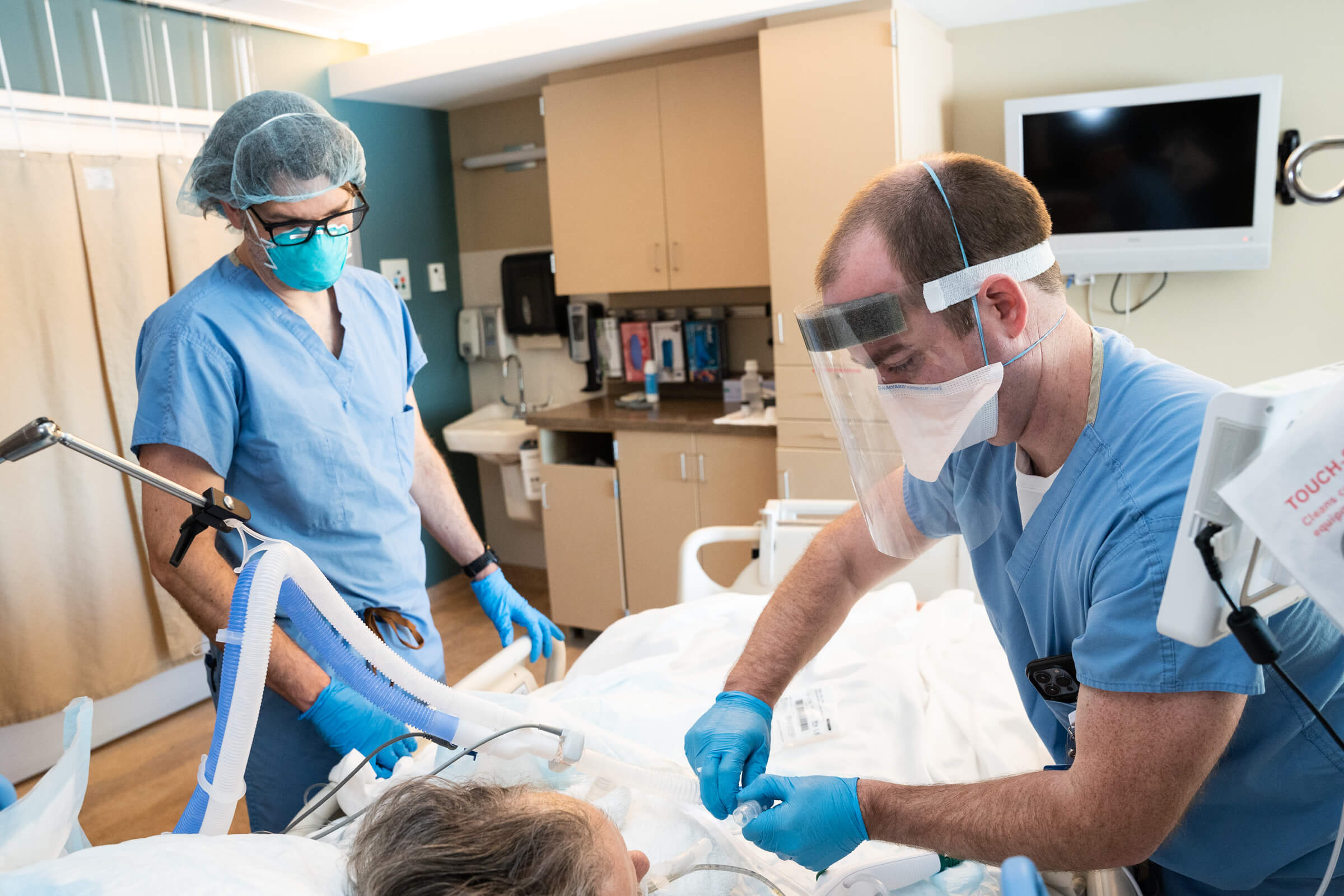
Cognitive Dissonance
The most difficult thing was healthy people dying needless deaths.
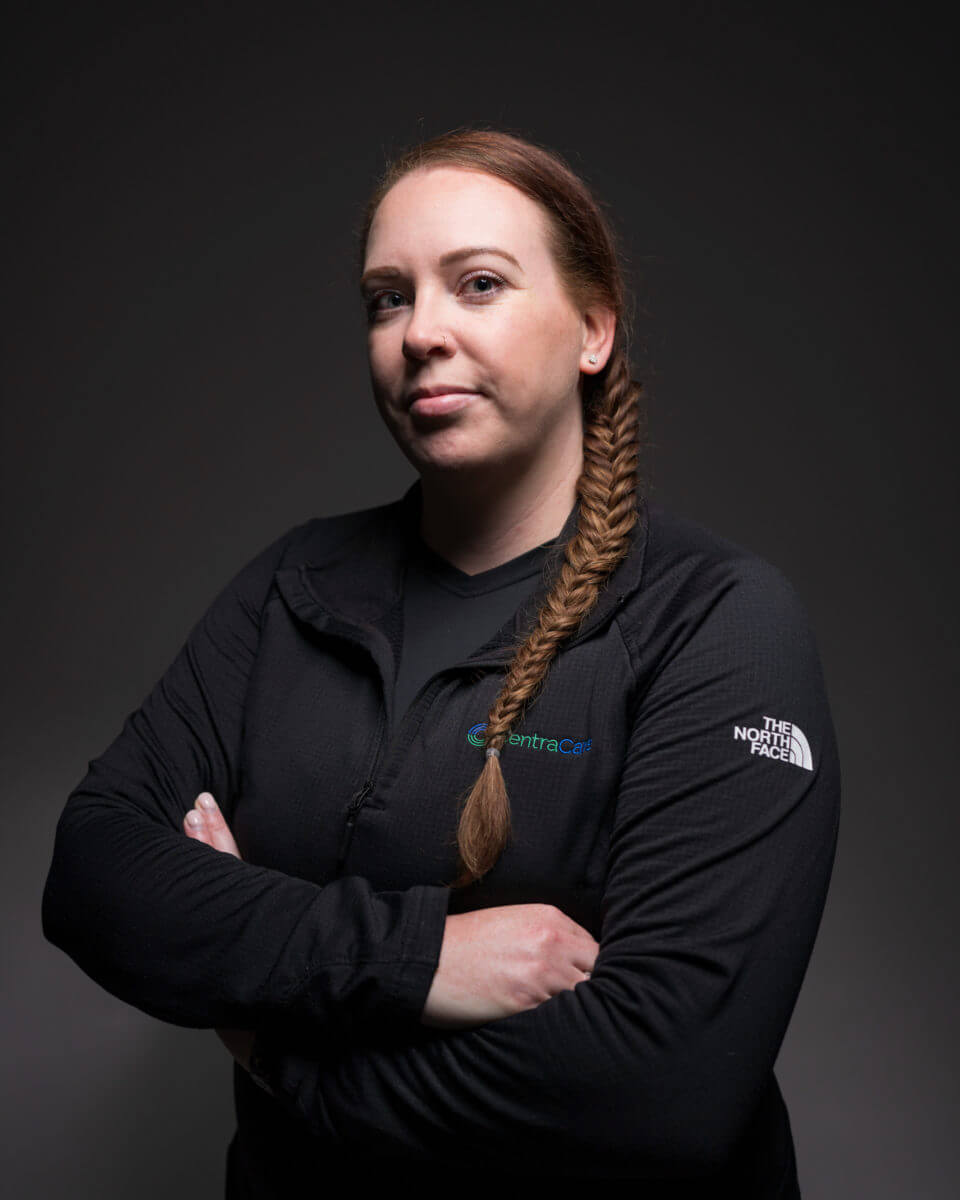
Jodi’s Story
There are some things you just can’t prepare for. You can have all the right staff, you can have all the right things, but you don’t know what those patients are going to bring through the door. We had all these plans coming into the pandemic, and some just got thrown right out the window. And some were like, ‘Okay, we need to do this right now.’
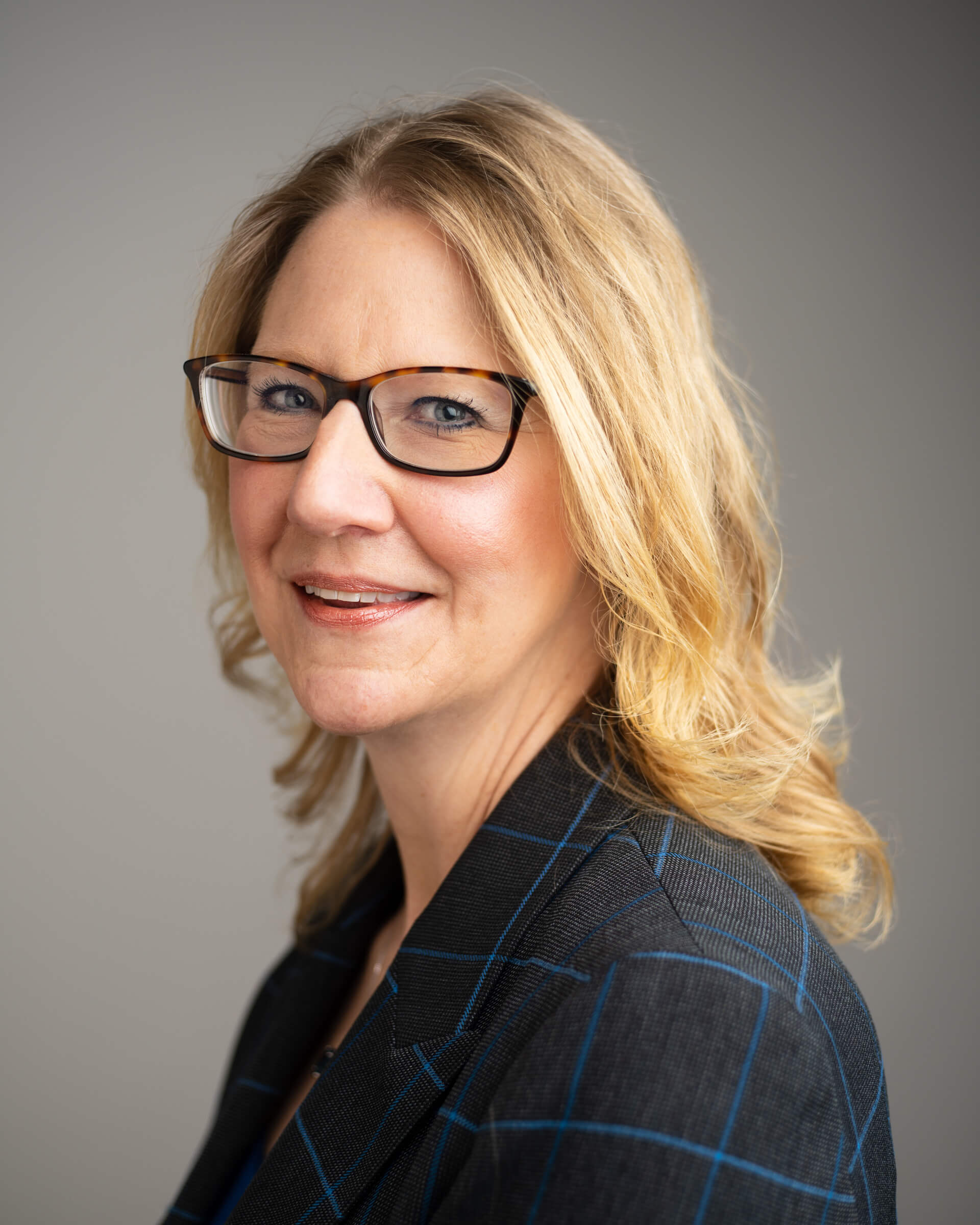
So proud
Each and every staff member showed up.
Our Voices: Respiratory Therapists
It took all of us these last two years to serve the needs of so many. And we all have a story to tell. Think back to the number of times you heard something in the news about Respiratory Therapists — the unsung heroes of the pandemic (though there were others, too). Listen as our own RT’s tell their stories and give us all a glimpse at the frontlines of COVID.
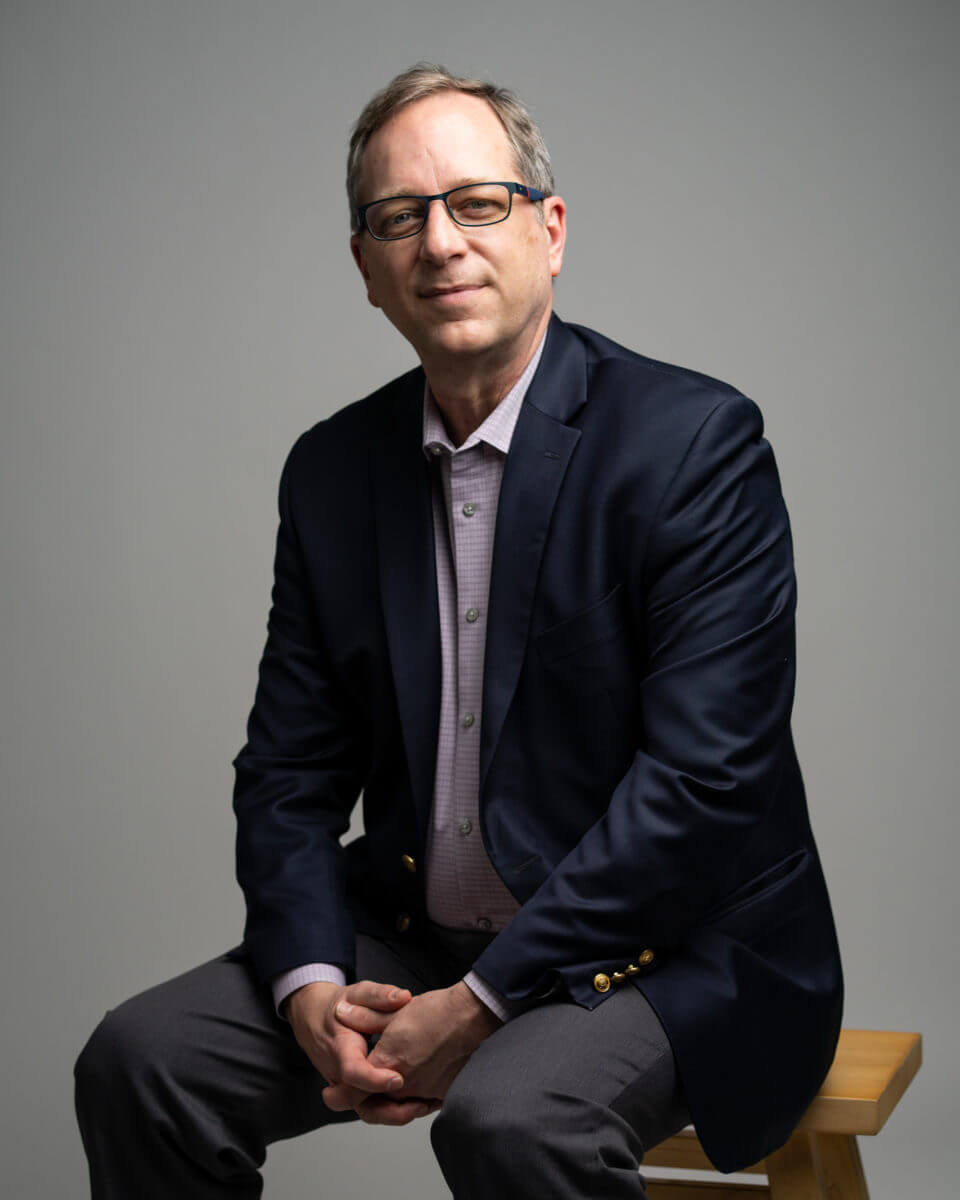
Joe’s Story
I think I came to this job and this organization at an important time, and one that has allowed me to bring some experiences that I didn’t think I’d need during this unprecedented time that we’re working.
Our Voices: Regional Caregivers
Regional caregivers faced some of the most challenging situations during the pandemic, stepping up when their communities needed them most. Listen to their voices and read their stories as they share experiences from the past two years.

Chris’ Story
When you talk about high reliability organizations and leadership, you’ve got blunt-end leadership and then sharp-end leadership. Sharp-end is the actual hands-on work, the people who are going to see the effects of a decision that’s made. Blunt-end is where executives are at. And blunt-end leadership is not unimportant, but it is definitely more supportive.
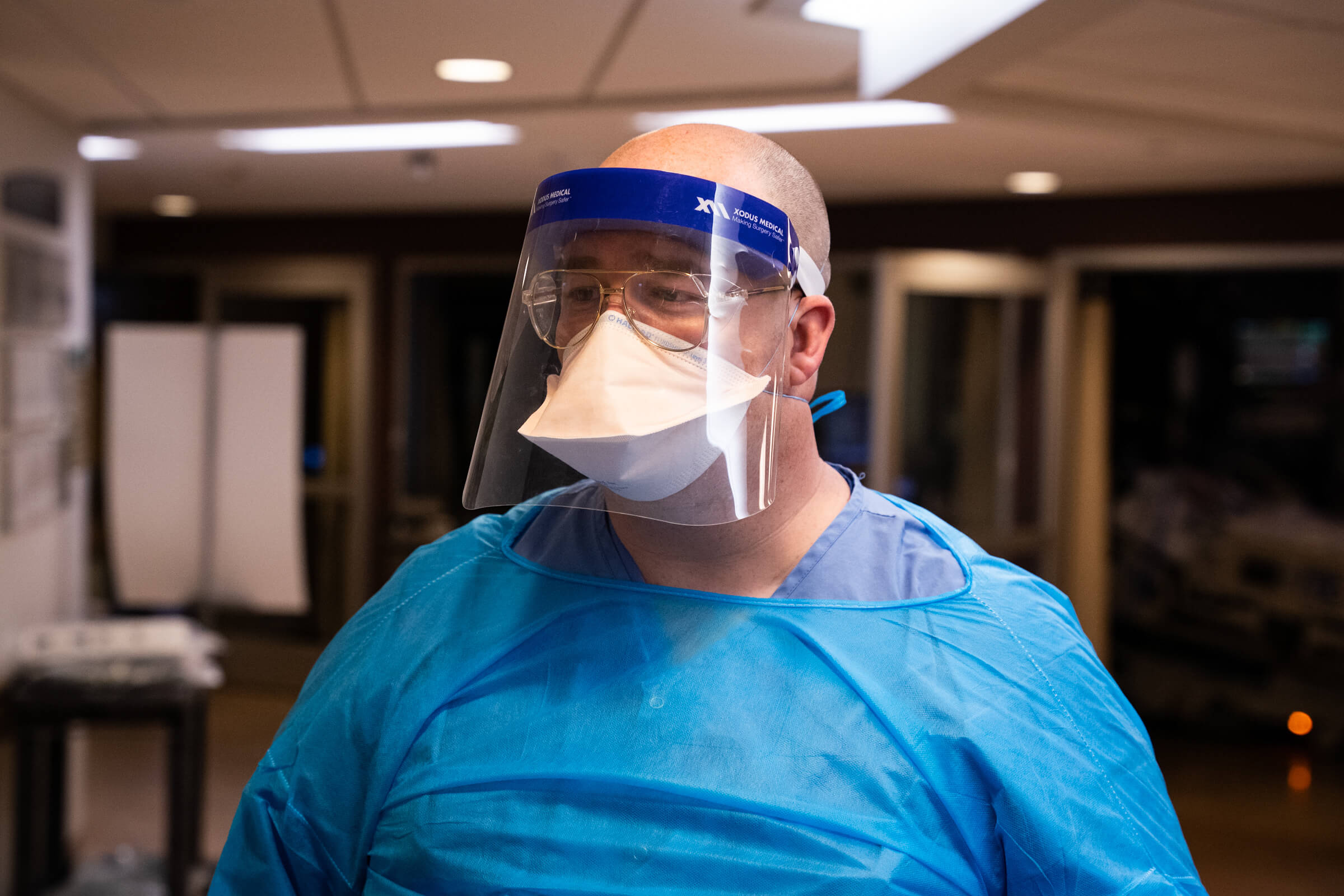
Practicing Empathy
In the ICU we meet people on their worst day.
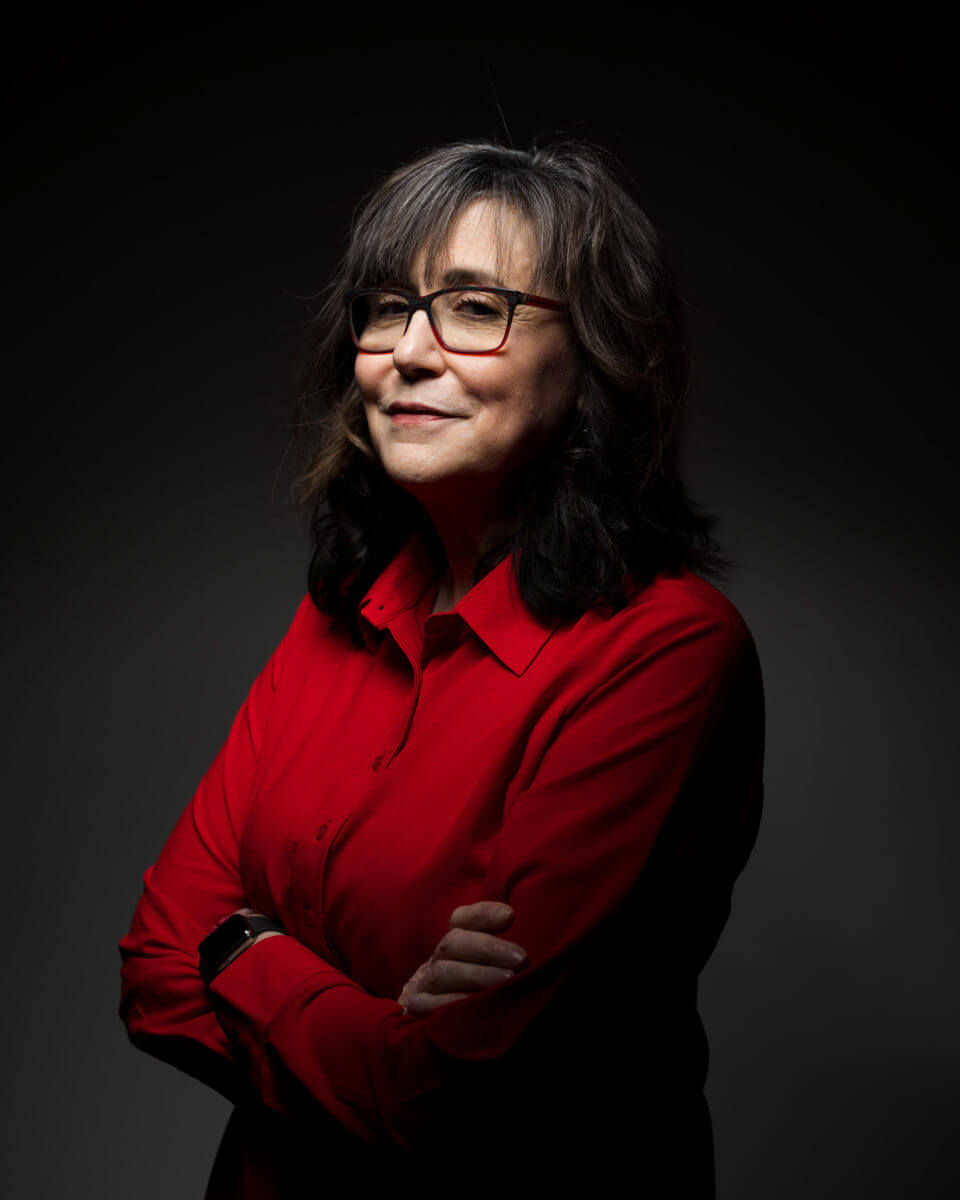
Cindy’s Story
One thing that is unique to rural frontline health care workers is that in a small community, everybody knows everybody. So the person who’s coming in, and is critically ill, is oftentimes your neighbor, your friend, or your family member.
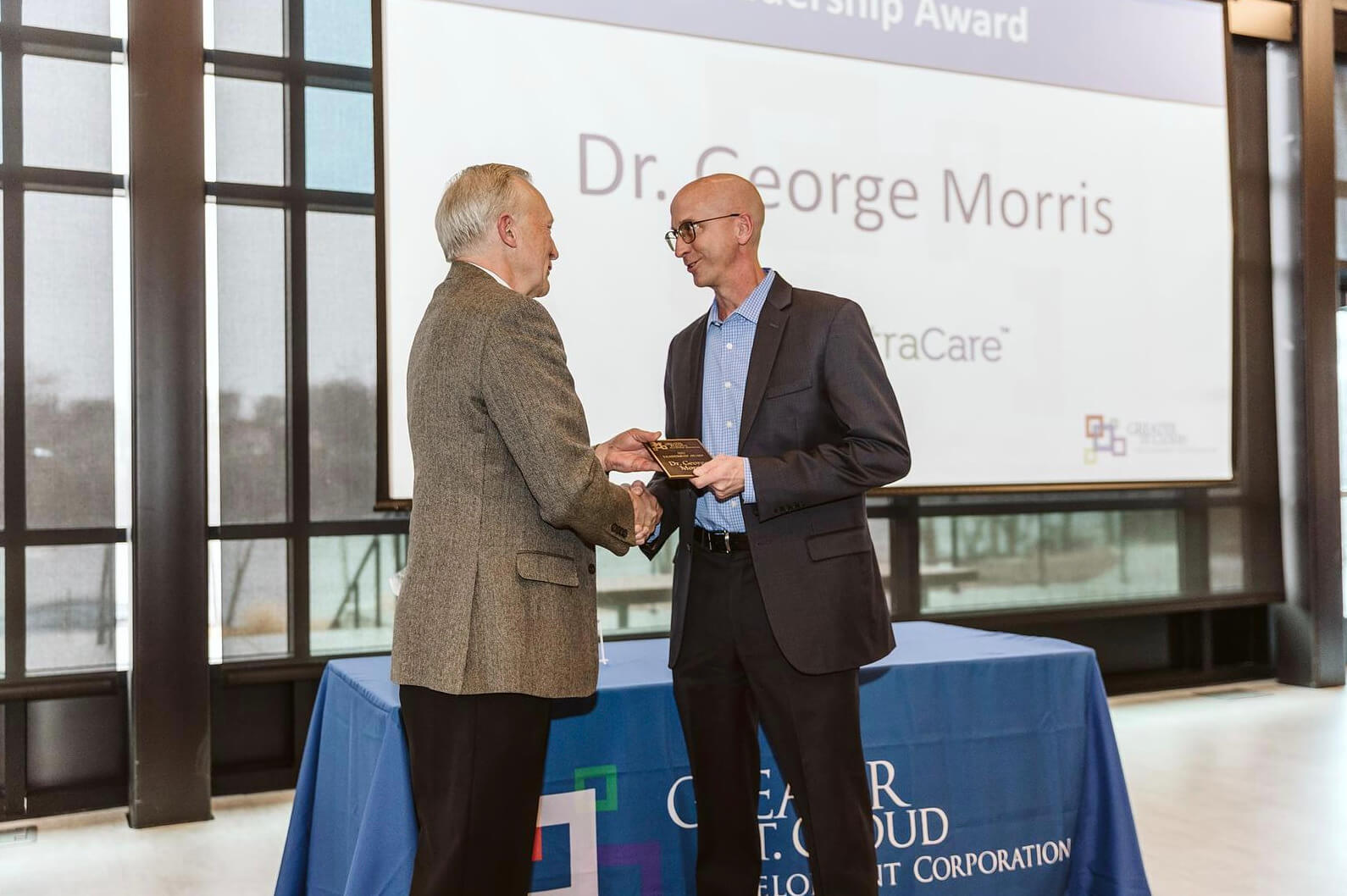
Move mountains
We demonstrated what we can do across the state
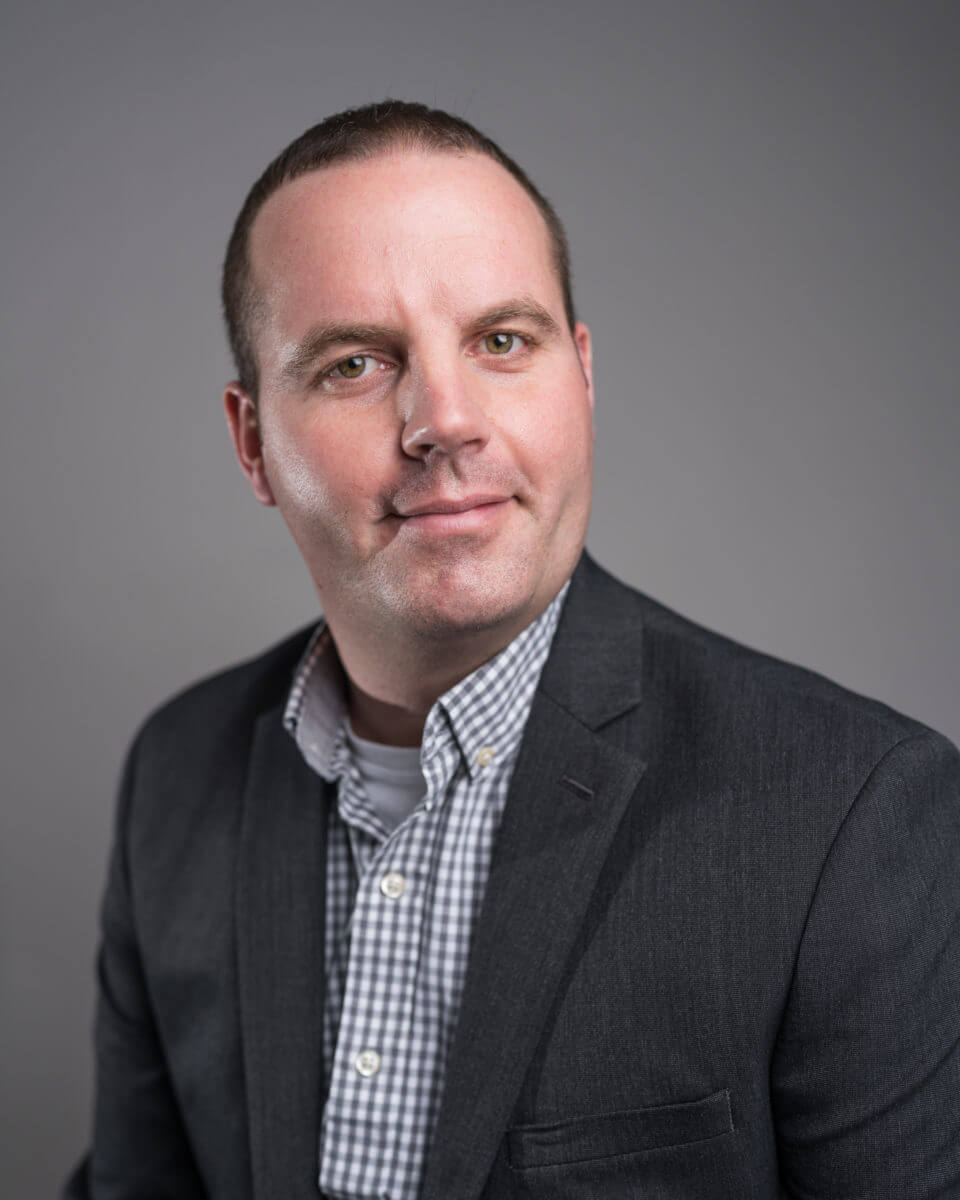
Craig’s Story
What did I learn about our teams? Resiliency. It was a two-year long cycle where staff picked up many extra shifts oftentimes outside of their department.
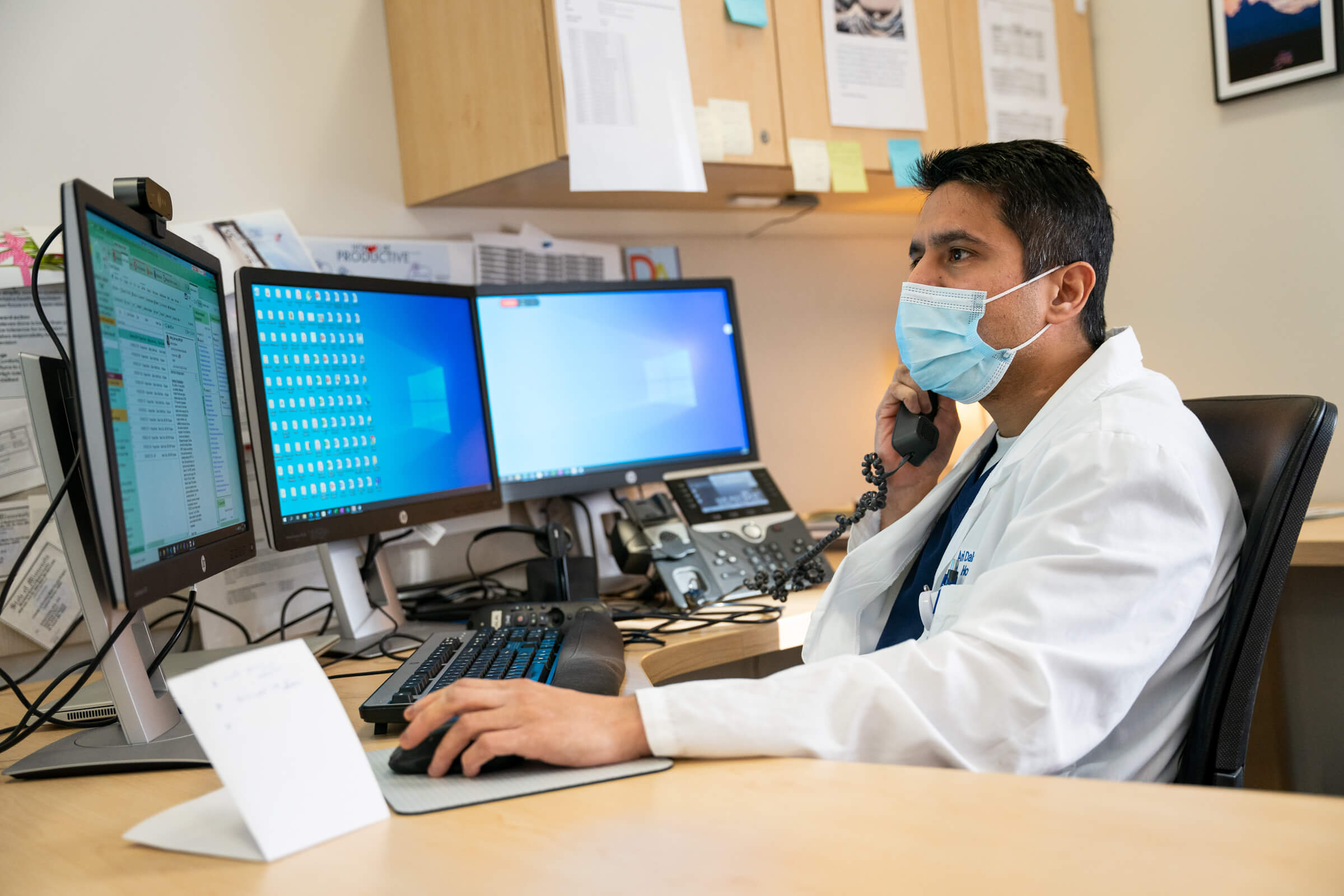
Vulnerability
Helping out in any way we can.
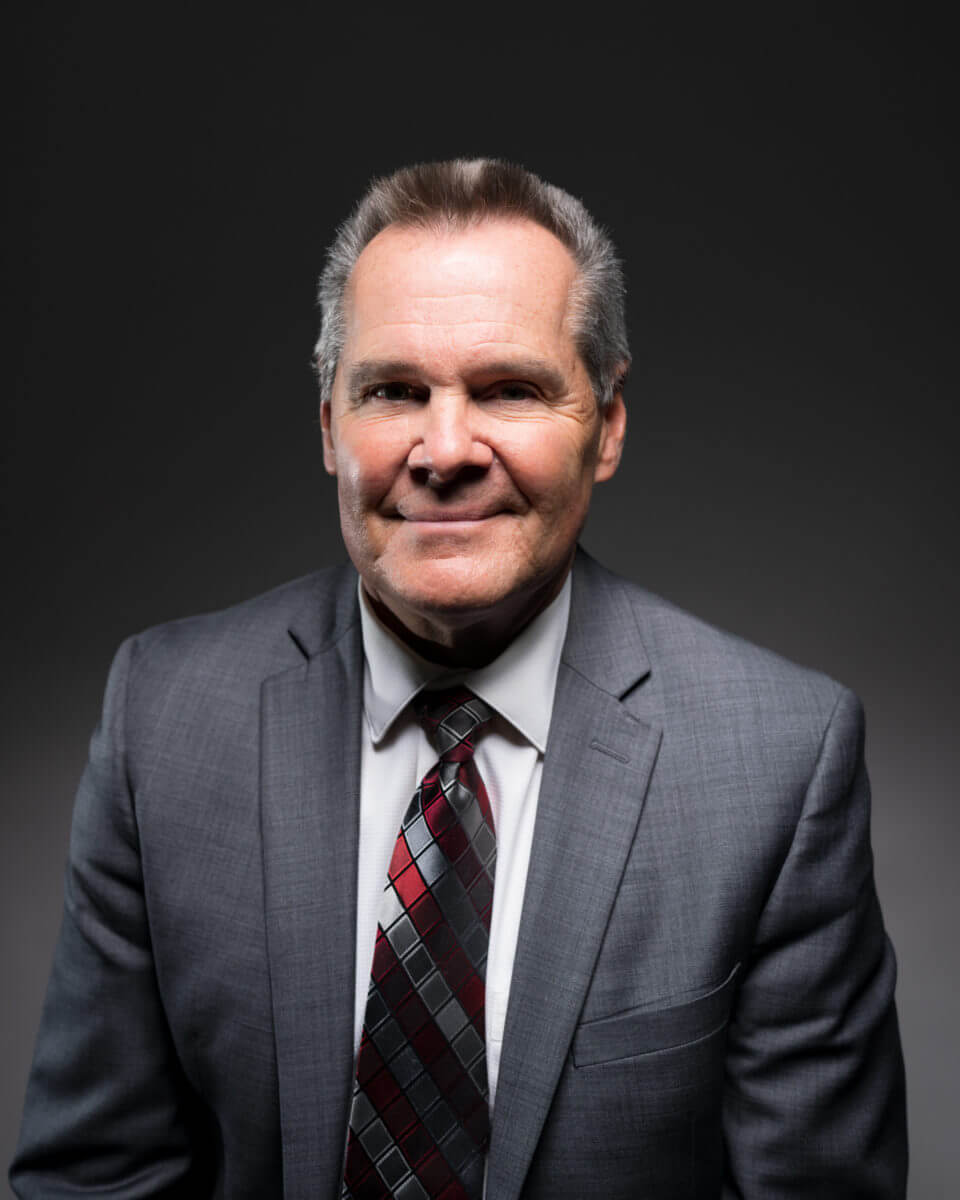
Mark’s Story
It sounds really bizarre to say, but there are a number of things that we will be thankful to COVID for. The “Medical Officer of the Day” is one of them.
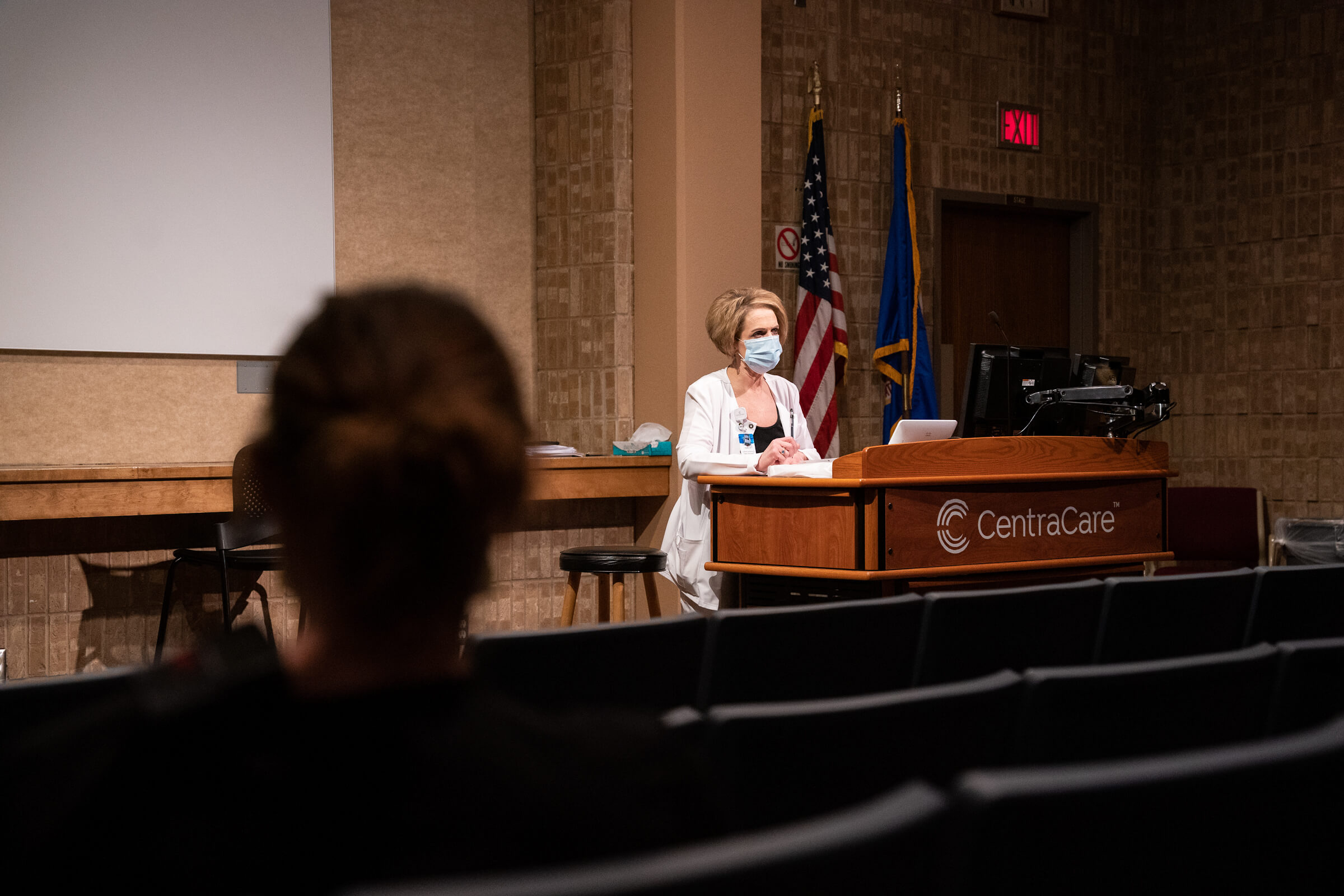
What We Went Through
My heart will feel it forever.
Our Voices: Nursing Supervisors
Nursing supervisors have a unique view of the hospital – they communicate across care units and can see whee staffing is low and where there’s a surplus. Listen to their voices and read their stories as they share their experiences during the past two years.
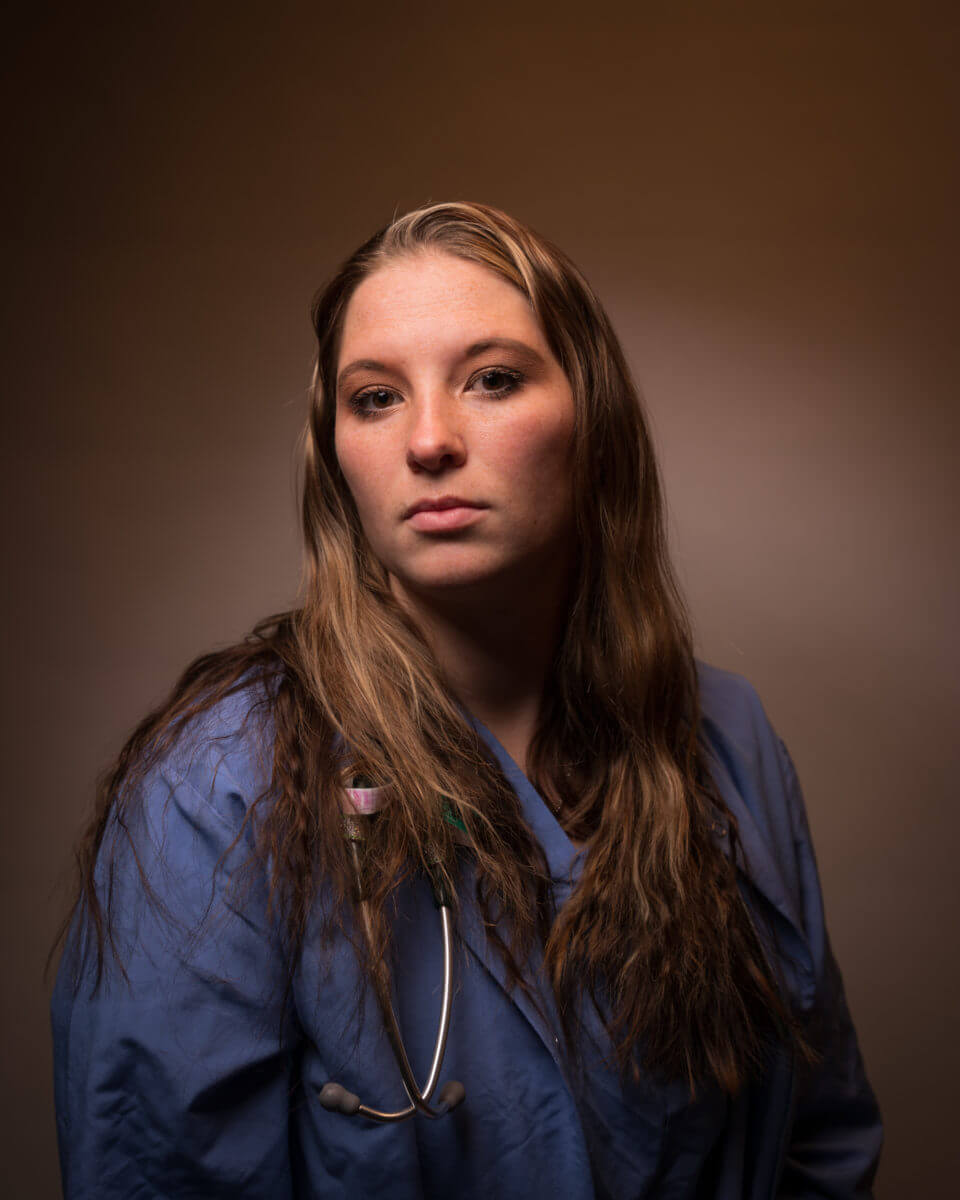
Kati Jo’s Story
COVID just hits your lungs and takes your lungs out. It’s miserable. I’ve held so many hands, hugged so many people and promised to be there for them. It’s just been heartbreaking. It’s been the hardest thing I’ve ever dealt with. I’m not an emotional person, but I probably cry after every single one of my shifts. We have dealt with more death in the last two years than my entire 10-year career in respiratory.
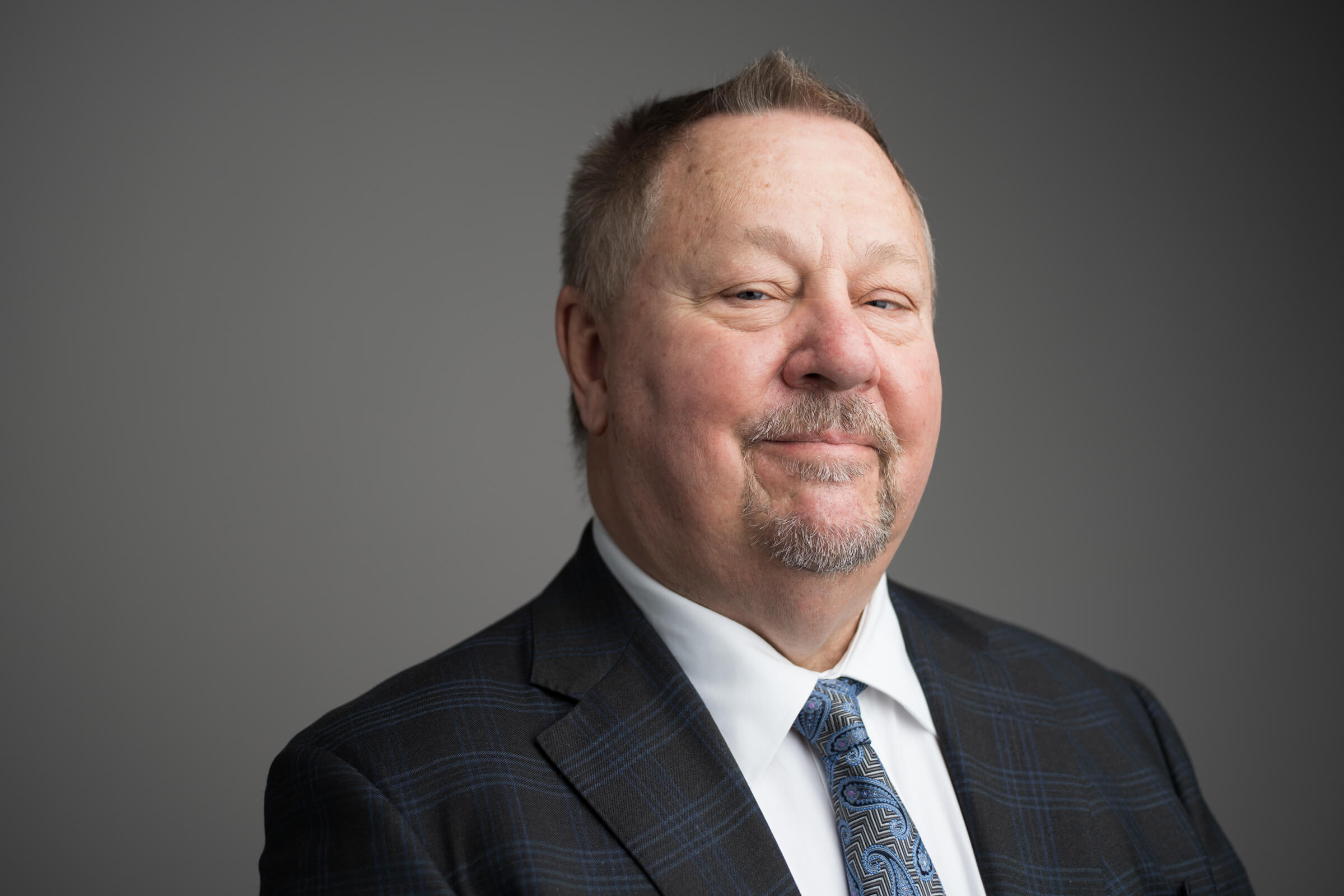
Pandemic Reflections
Embracing the conversation.
Share Your Story
If you’d like to share your story, complete the form using your centracare.com email address and we’ll schedule a time to record your story.








